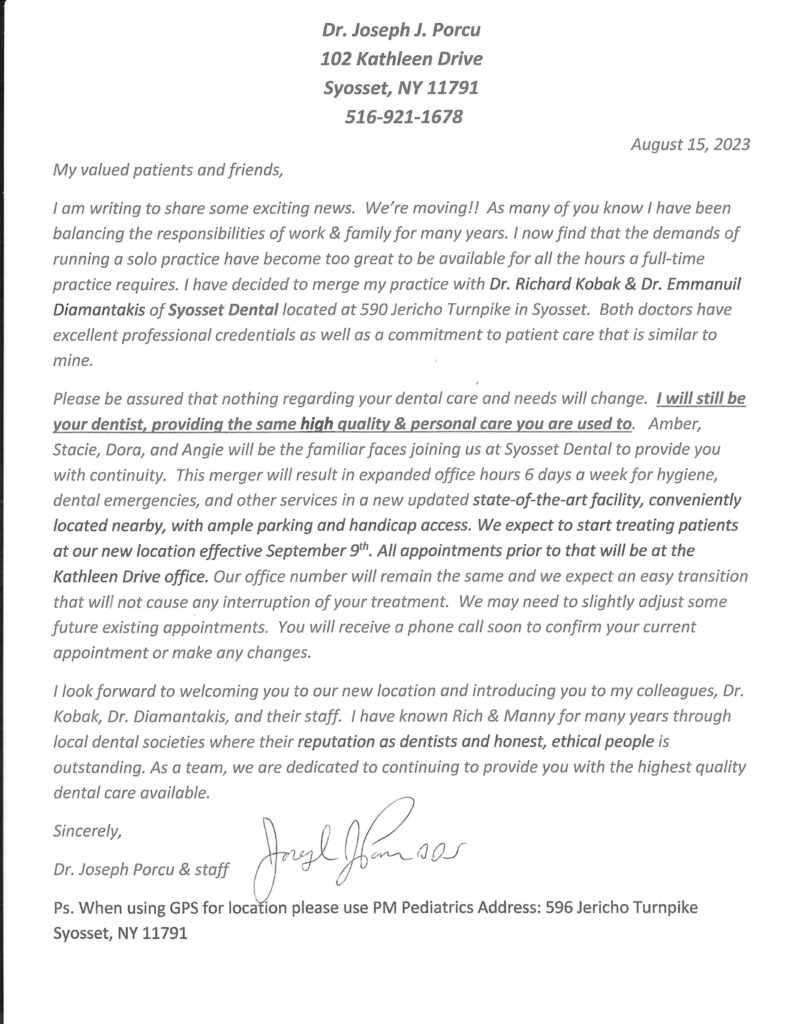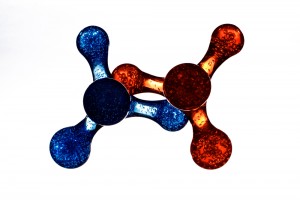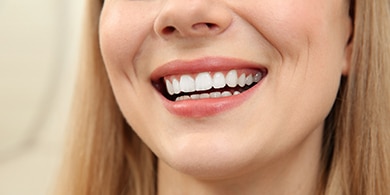 A toothache, or tooth sensitivity, can indicate a number of different dental maladies. Decaying teeth are often sensitive, as well as cracked or broken teeth that leave the pulp exposed. Although small, your teeth can become an incredible hindrance when they are disturbed. In fact, nearly 25% of adults in America admit to having taken time off work to deal with one or more sensitive teeth. However, in some cases, tooth discomfort can occur in spite of a full set of strong and healthy teeth. Syosset dentist Dr. Richard Kobak explores how a sinus infection can mimic the symptoms of damaged or diseased teeth.
A toothache, or tooth sensitivity, can indicate a number of different dental maladies. Decaying teeth are often sensitive, as well as cracked or broken teeth that leave the pulp exposed. Although small, your teeth can become an incredible hindrance when they are disturbed. In fact, nearly 25% of adults in America admit to having taken time off work to deal with one or more sensitive teeth. However, in some cases, tooth discomfort can occur in spite of a full set of strong and healthy teeth. Syosset dentist Dr. Richard Kobak explores how a sinus infection can mimic the symptoms of damaged or diseased teeth.
What are Sinuses, Anyway?
Although the source of much discomfort, especially in the midst of allergies or the cold and flu season, sinuses are little more than hollow tubes in your upper jawbone. These tubes are lined with tissue similar to the membrane that lines the inside of your mouth, and air travels through them every time you inhale through your nose. This lining is subject to infection and inflammation, which leads to the miserable stuffy feeling of sinus infection (sinusitis). (more…)




















